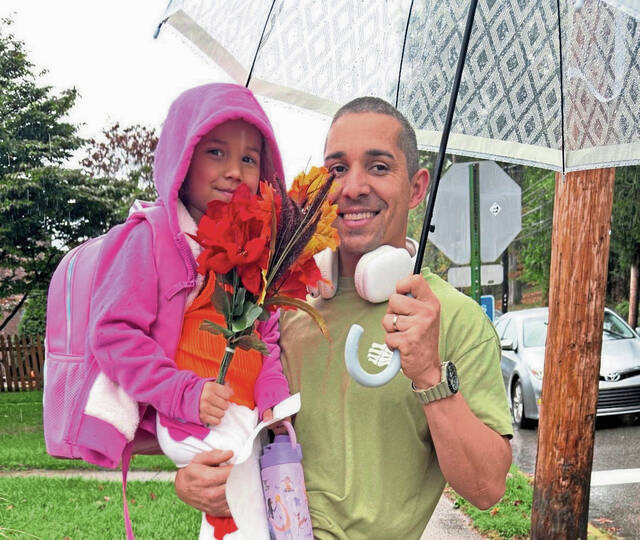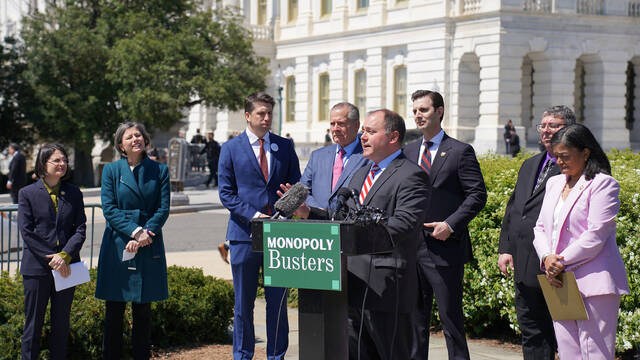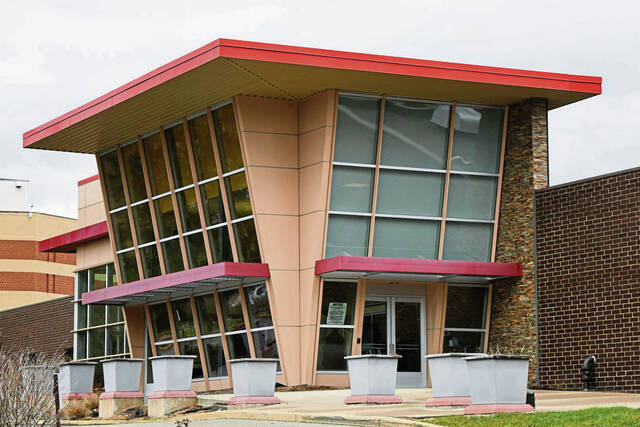Pittsburgh City Council on Tuesday struck down one of two competing zoning proposals that have sparked controversy and outlined different paths to creating more affordable housing.
Inclusionary zoning — which mandates that a percentage of housing units in large new developments be designated as affordable for low-income people — already is in effect in Lawrenceville, Polish Hill, Bloomfield and parts of Oakland.
But how to expand the policy has been a topic of intense debate among elected officials and housing advocates.
City Council on Tuesday voted down a proposal by Councilman Bob Charland, D-South Side, that would have let neighborhoods decide for themselves whether inclusionary zoning should be implemented in their own community.
Charland’s bill also would have mandated the city or its authorities foot the bill for the affordable units, without specifying how much that might cost or where the city would find the extra cash as it grapples with declining revenues and an end to federal covid-19 relief funding.
Councilman Anthony Coghill, D-Beechview, and Charland were the only council members to vote in support of Charland’s bill. All other council members opposed the measure.
By voting down Charland’s proposal, council paved the way for a competing bill backed by Mayor Ed Gainey to be formally introduced after a monthslong delay.
Unlike Charland’s legislation, Gainey’s measure earned the recommendation of the city’s planning commission, an advisory board appointed by the mayor that makes recommendations to council.
The mayor’s proposal would mandate inclusionary zoning citywide. Any new housing development with 20 or more units would have to designate at least 10% of them as affordable housing for people making no more than half the area median income.
Gainey’s measure would not require the city to pay for the affordable units. Officials have said an existing tax break for developments that meet inclusionary zoning requirements would help make projects feasible for developers.
City Controller Rachael Heisler last month released a report that determined there is not enough data to draw conclusions about whether the existing inclusionary zoning policies in Pittsburgh have been effective.
“This report can’t determine whether or not inclusionary zoning has worked in Pittsburgh — unfortunately, we haven’t built enough housing to make any conclusions,” Heisler said in a statement. “The same size is too small, and the data is too noisy. What is very clear is that we need to do everything we can to get shovels in the ground and build.”
Inclusionary zoning is meant to boost the supply of much-needed affordable housing. But some critics have argued it can disincentivize development.








